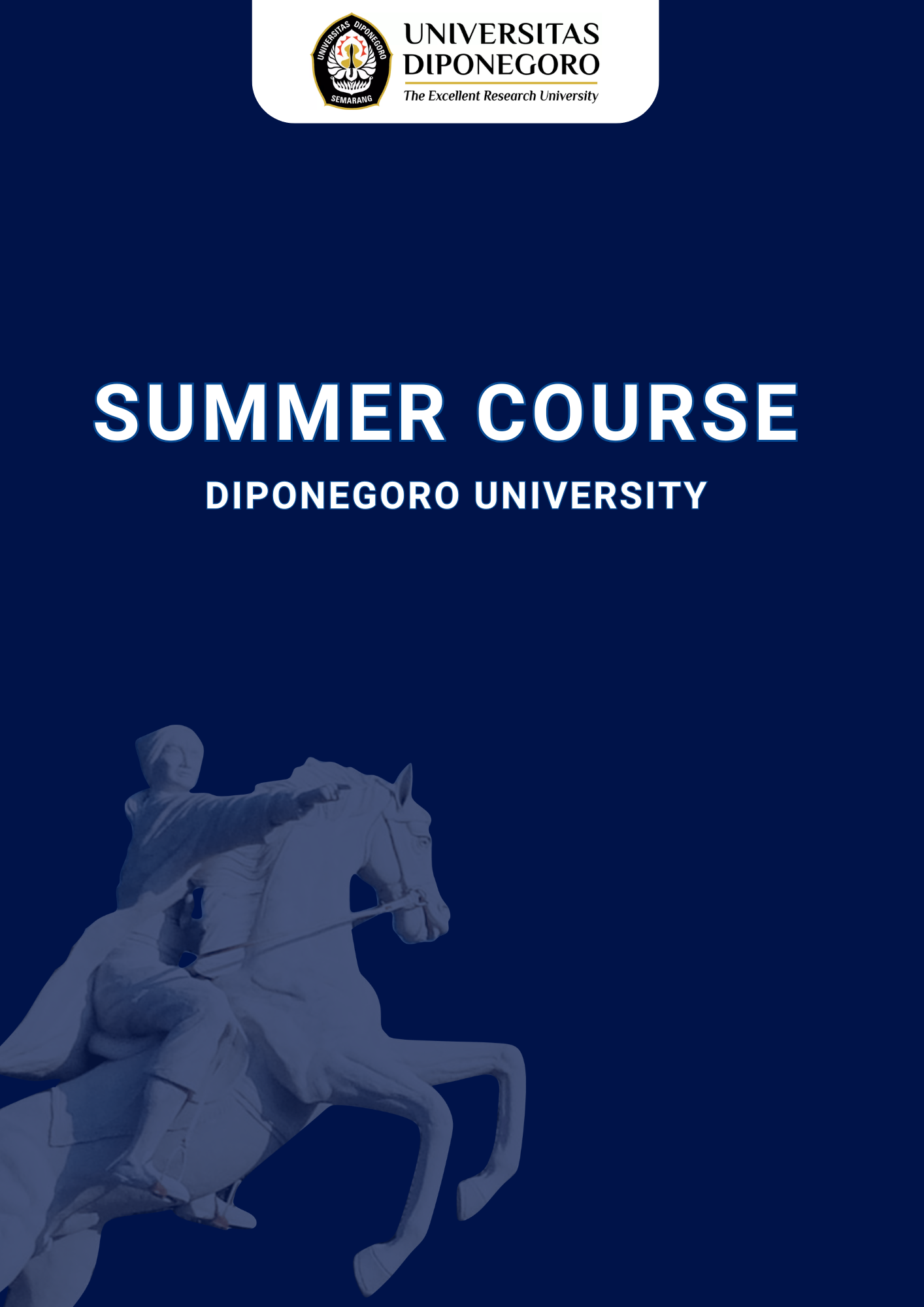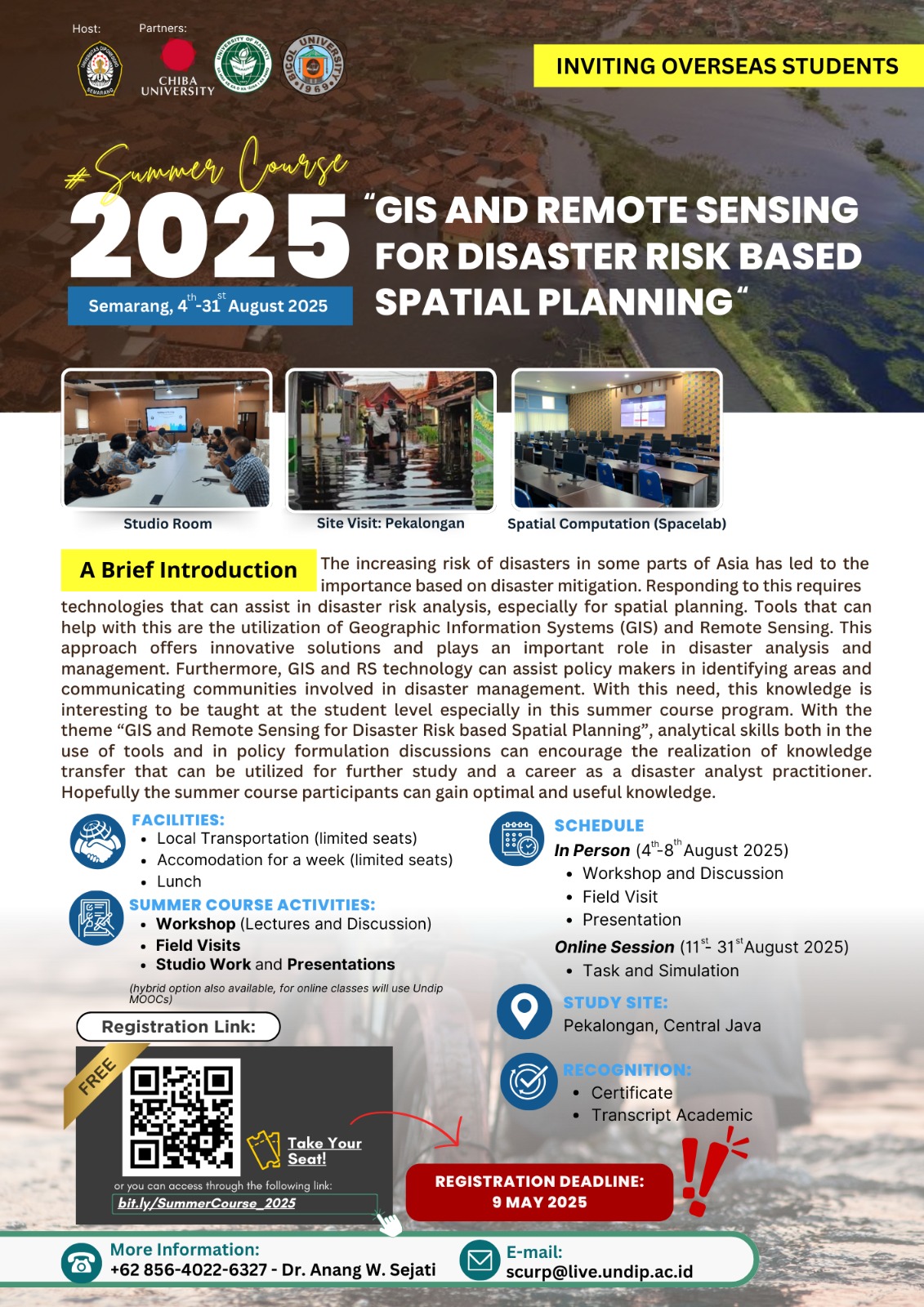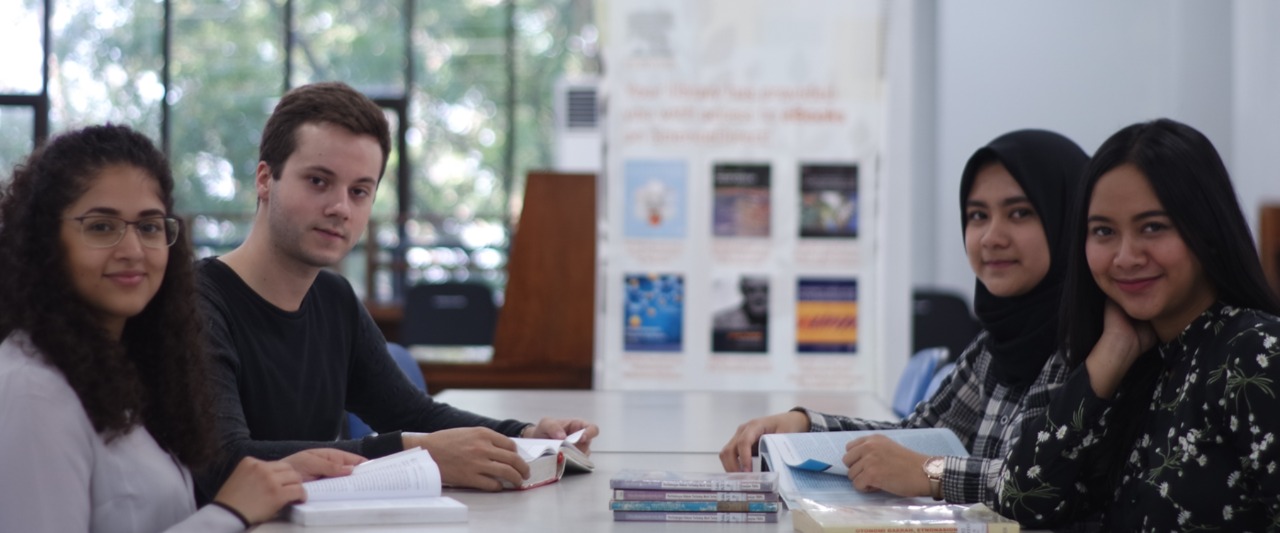Quantitative analysis for social science: from data treatment to presentation

Course Description
The course provides a comprehensive introduction to quantitative research methods, equipping participants with the skills necessary to analyze, interpret, and present data effectively. Designed as an intensive summer program for one month, the course follows a structured approach, covering fundamental concepts and practical applications using statistical software available as open source. Through this program's meticulously crafted curriculum, students gain both theoretical knowledge and practical experience, empowering them to conduct rigorous quantitative analysis in their academic and professional endeavors.
Course Features
- Admission: Nov 30 -0001 - Nov 30 -0001
- Course: Jun 11 2025 - Jul 2 2025
- Seats Available:
- Faculty / School: FACULTY OF SOCIAL AND POLITICAL SCIENCES
- Time:
- Classes : Online
Website
Learning Outcomes
- Students are introduced to quantitative analysis, including key principles and methodologies used in social science research
- Focuses on understanding quantitative data, emphasizing types of data, measurement scales, and data collection methods
- Participants engage in reading descriptive results, learning how to interpret summary statistics, distributions, and key insights from datasets
- Participants explore basic econometrics and regression, delving into foundational statistical models used for causal inference
- These four days are designated for individual learning in the form of review of materials
- Introduction to survey data, teaching students how to work with large datasets and assess data quality
- Participants apply their knowledge of descriptive analysis using R, gaining hands-on experience in data visualization and summarization
- Participants advance to the application of regression analysis using R, implementing statistical models to explore relationships between variables
- Participants (in teams of 3-4) apply their skills to a real-world research question, data analysis, and preparing findings assisted by instructors
- Group presentation, each group will receive feedback from peers and instructors
- Closing of the summer course program: Employing generative AI as research assistant







